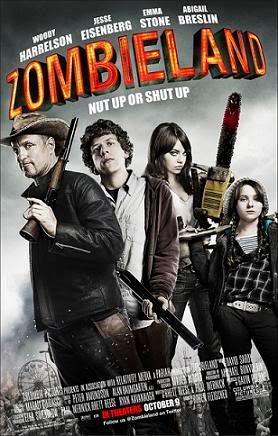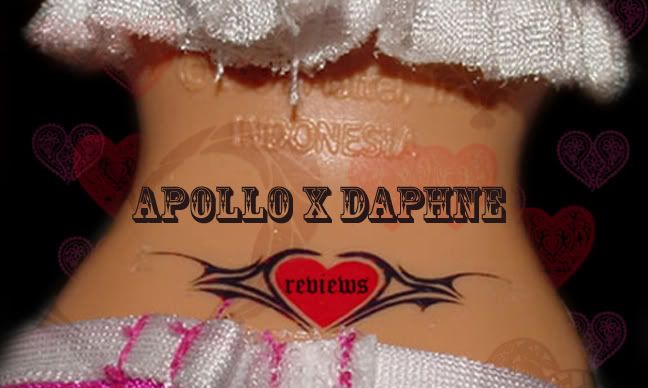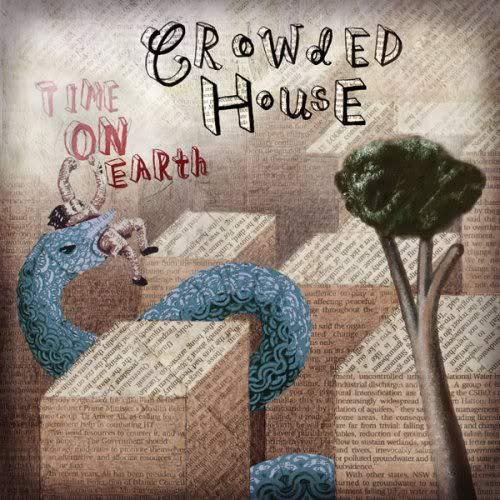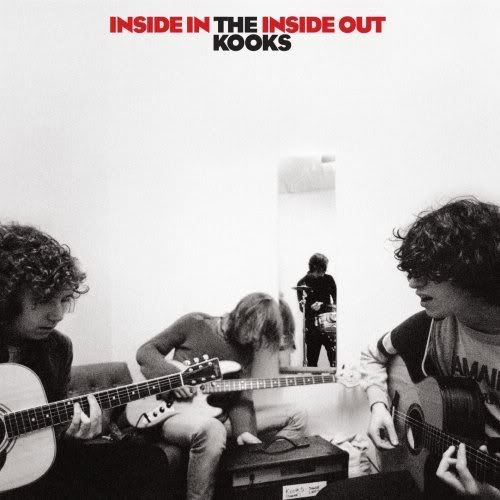
Yet another movie about Zombies, right? WRONG. Everything about this movie should have gone down the wrong way with me: I hate horror, I'm not a huge fan of gratuitous gore, and I'm not especially fond of the undead. But given the cast of tastefully-known but not big name actors, I was curious to see where this movie went.
A movie from director Ruben Fleischer, Zombieland’s premise isn’t exactly original. Most of the world has been stricken by a virus transmitted via biting, and it turns people into zombies, or rabid cannibals with little capacity for reasoning. Columbus (Jesse Eisenberg, Adventureland) is one of the few survivors, due mainly to following an anal-retentive list of rules he never breaks (#1 Cardio, #2 Beware Bathrooms, etc). Trying to make it home to Ohio, he teams up with outlaw zombie-slayer killing machine Tallahassee (Woody Harrelson, No Country for Old Men), and eventually Wichita (Emma Stone, Superbad) and Little Rock (Abigail Breslin, Little Miss Sunshine).
A movie from director Ruben Fleischer, Zombieland’s premise isn’t exactly original. Most of the world has been stricken by a virus transmitted via biting, and it turns people into zombies, or rabid cannibals with little capacity for reasoning. Columbus (Jesse Eisenberg, Adventureland) is one of the few survivors, due mainly to following an anal-retentive list of rules he never breaks (#1 Cardio, #2 Beware Bathrooms, etc). Trying to make it home to Ohio, he teams up with outlaw zombie-slayer killing machine Tallahassee (Woody Harrelson, No Country for Old Men), and eventually Wichita (Emma Stone, Superbad) and Little Rock (Abigail Breslin, Little Miss Sunshine).
But the clichéd premise doesn’t matter because the execution is brilliant. First things first, Zombieland is hysterical. It certainly knows how to use its grossness for ick-factor moments, but most of the comedy comes from the characters themselves. The cast is a pleasantly star-studded but off the radar group, and the acting is top-notch, with Harrelson stealing the show as lunatic Tallahassee. The comedy is disgusting at times, and appropriately morbid, but never misses the mark; there are even throwbacks to Deliverance and Ghost Busters.
At the same time, there are moments of genuine suspense in the vein of an action film as opposed to a horror film. A heart-thumping confrontation near the film’s conclusion involving heavy weaponry on a roller coaster is possibly one of the craziest shoot-outs ever directed. There are also genuinely heart-warming moments in the film, although towards the end of the film the sap is played up a little too much. The soundtrack is for lovers of indie and classic rock, sporting songs by Sea Wolf, Band of Horses, and Blue Oyster Cult.
The characters are all genuinely likable people and sufficient time is spent on their respective back stories. All around the movie’s a winning combination with a good mix of humor, action, and character development, topped off by stellar direction, cinematography, and clever script-writing. If you can get past the gross factor (or maybe you enjoy it) there’s a genuinely entertaining story here. So yeah, it's all been done before--but rarely this outrageously or awesomely.
-elln


